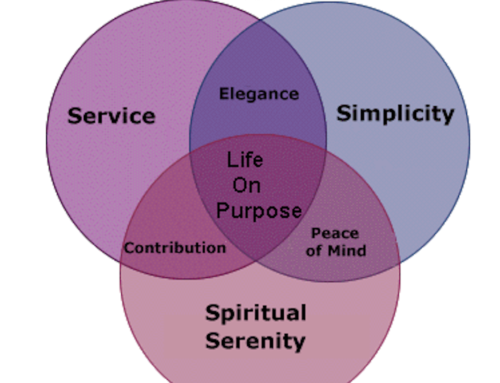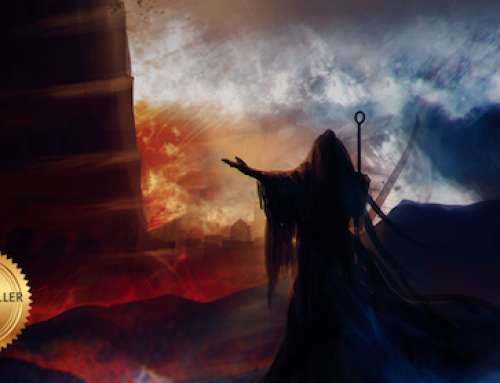The Evolution of Storytelling
The Evolution of Storytelling
The art of storytelling has been a cornerstone of human culture for centuries, captivating audiences and inspiring new generations of writers. But have you ever stopped to think about where these stories come from? What ancient mythologies have shaped the modern literature we know and love today? In this article, we'll embark on a journey to uncover the timeless influence of ancient mythologies on modern literature.
The Roots of Storytelling
To understand the evolution of storytelling, we need to go back to the beginning. Ancient mythologies were more than just fantastical tales; they were a way of explaining the world and our place in it. These stories were often passed down orally, with each generation adding their own twist and interpretation. As "Myths are the dreams of the collective unconscious, and they are the source of all our stories, including our own personal myths." Joseph Campbell, a renowned mythologist, once said.
The ancient Greeks, for example, had a rich tradition of storytelling, with myths that explained everything from the creation of the world to the exploits of their gods and goddesses. These stories were not only entertaining but also served as a way of teaching moral lessons and explaining natural phenomena. The story of Persephone and Demeter, for instance, was used to explain the changing of the seasons.

The Influence of Mythology on Literary Archetypes
So, how do these ancient mythologies influence modern literature? One way is through the use of literary archetypes. Archetypes are universal symbols and themes that appear across cultures and time, and they are often rooted in ancient mythology. The hero's journey, for example, is a classic archetype that appears in stories from around the world, from Homer's Odyssey to J.R.R. Tolkien's The Lord of the Rings.
In modern literature, we see these archetypes appearing in everything from fantasy novels to superhero movies. The character of Luke Skywalker, for instance, is a classic example of the hero's journey, with his transformation from a young farm boy to a powerful Jedi Knight. This archetype is rooted in ancient mythology, with stories like the Odyssey and the Iliad influencing the development of the hero's journey.
How Ancient Mythologies Shape Contemporary Genres
Ancient mythologies have also had a profound influence on contemporary genres. Fantasy, science fiction, and horror are just a few examples of genres that have been shaped by ancient mythology. The fantasy genre, for instance, is heavily influenced by European folklore and mythology, with stories like J.R.R. Tolkien's The Lord of the Rings drawing on Norse and Celtic mythology.
Science fiction, on the other hand, often draws on ancient mythologies from around the world, incorporating elements like mysticism and the supernatural into its stories. The movie Star Wars, for example, draws on a range of ancient mythologies, including Buddhism and Taoism. The character of Yoda, with his wise and enigmatic presence, is a classic example of the wise old man archetype, which appears in stories from around the world.
The Use of Mythological Themes and Motifs in Modern Literature
Modern literature is full of mythological themes and motifs, from the use of magical realism to the incorporation of supernatural elements. The novel The Night Circus by Erin Morgenstern, for example, is a classic example of a story that draws on mythological themes and motifs. The novel is set in a magical circus that appears at night, filled with enchanting characters and supernatural creatures.
The use of mythological themes and motifs adds depth and complexity to modern literature, allowing writers to explore complex ideas and emotions in a way that is both subtle and powerful. By drawing on ancient mythology, writers can tap into a deep well of symbolism and meaning, creating stories that are both timeless and timely.
Some examples of mythological themes and motifs in modern literature include:
- The use of magical realism in novels like One Hundred Years of Solitude by Gabriel Garcia Marquez
- The incorporation of supernatural elements in novels like The Shining by Stephen King
- The use of mythological creatures in novels like The Dresden Files by Jim Butcher
The Impact of Cultural and Historical Contexts on the Evolution of Storytelling
The evolution of storytelling is also influenced by cultural and historical contexts. Different cultures and time periods have their own unique storytelling traditions, shaped by their history, mythology, and values. The ancient Greeks, for example, had a rich tradition of oral storytelling, with myths and legends passed down through generations.
In modern times, the rise of technology has had a profound impact on the evolution of storytelling. The internet and social media have created new platforms for storytelling, allowing writers to reach a global audience and connect with readers in new and innovative ways. The rise of online publishing has also democratized the publishing industry, allowing writers to self-publish and reach a wider audience.
The Thrill of the Unknown
The evolution of storytelling has also led to the creation of immersive experiences that transport us to new worlds and evoke strong emotions. One such experience is the thrill of playing games that combine chance and skill, much like the heroes of ancient myths who relied on fate and cunning to overcome challenges. As we navigate the twists and turns of these games, we are reminded of the power of storytelling to create suspense and anticipation. For those who enjoy the thrill of the unknown, The Slotfather: Book of Wins - Hold and Win offers a captivating experience that combines stunning visuals with the excitement of discovery. With its richly detailed world and intricate gameplay, this game is sure to transport you to a realm of wonder and awe, much like the fantastical worlds of mythology.
Conclusion
The evolution of storytelling is a complex and multifaceted process, influenced by ancient mythologies, cultural and historical contexts, and technological advancements. By understanding the roots of storytelling and the ways in which ancient mythologies continue to shape modern literature, we can gain a deeper appreciation for the power of storytelling and its ability to captivate and inspire us.
As we continue to tell stories and pass them down to future generations, we are participating in a timeless tradition that connects us to our past and our collective humanity. Whether we are writers, readers, or simply lovers of stories, we are all part of this grand narrative, and the evolution of storytelling is a journey that we are all on together.





Leave A Comment